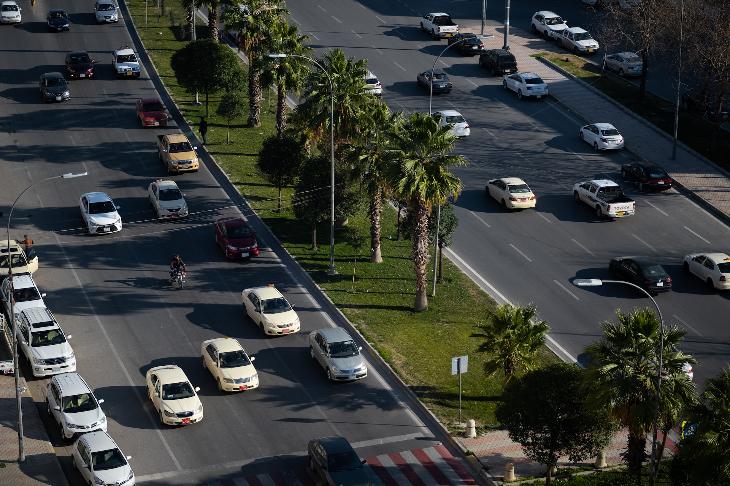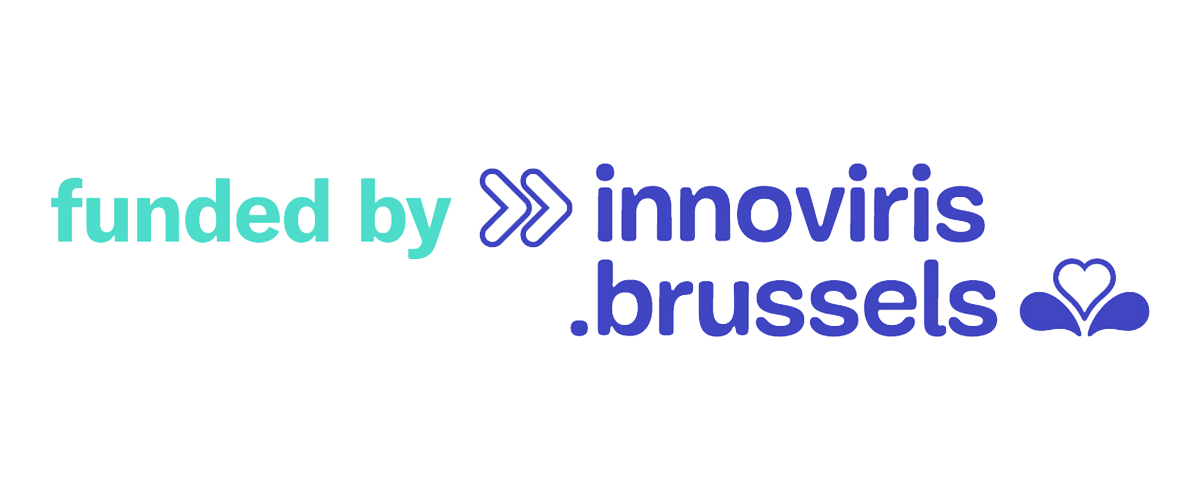Het TORRES Project
Traffic processing for Urban Environments

Dit project heeft als doel een raamwerk en methodologie te ontwikkelen voor het monitoren van heterogene verkeersdata. De nadruk ligt op het ontwikkelen van datagedreven modellen voor het aanvullen, interpoleren en voorspellen van verkeersdata. Daarnaast worden intuïtieve tools en visualisaties voorzien om zowel de verkeerssituatie als de evolutie ervan op het niveau van een grootstedelijk gebied te bestuderen, met Brussel als centrale use case.
Het doel is om overheden en infrastructuurbeheerders de nodige tools te bieden om het effect van hun beleidsmaatregelen op het welzijn van hun burgers beter te begrijpen en te kwantificeren. Tegelijkertijd maakt het project het mogelijk om de impact van politieke keuzes op een toegankelijke manier te communiceren naar het grote publiek, waardoor burgers deze keuzes gemakkelijker kunnen accepteren.
Verkeersgegevens bestaan in vele vormen, gaande van individuele herkenningen door ANPR-camera’s tot floating car data van grote dataleveranciers. De uitdaging bestaat erin deze verschillende databronnen correct te anonimiseren, centraliseren en combineren, zodat er meer accurate en bruikbare informatie ontstaat dan mogelijk is op basis van één enkele databron.
Financiering: INNOVIRIS
Partners :
- ULB: Machine Learning Group (MLG)
- VUB: Electronics and Informatics Department (ETRO)
